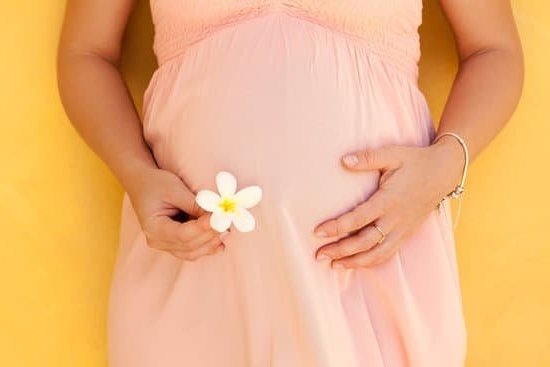How Does Pregnancy Affect Teeth?
Pregnancy is a beautiful, yet complex experience that affects many aspects of both a woman’s physical and mental health. Unsurprisingly, this includes the teeth, gums and mouth. Not only does the hormonal changes that occur during pregnancy make a woman more prone to dental problems, but the increased level of stress and exhaustion can lead to poor oral hygiene habits. Here we’ll explore the ways in which pregnancy can affect oral health and how it can be managed to ensure women maintain long-term oral care.
Hormonal Changes
Hormonal changes during pregnancy can cause gums to swell, and become tender and vulnerable to infection by certain types of bacteria, a condition known as gingivitis. Early detection and intervention is key to reducing the risk of periodontal disease, which can affect both the mother and baby during pregnancy.
Increased Cravings
Increased cravings during pregnancy can lead to increased snacking, especially of sugary and high-carbohydrate foods. As well as contributing to further tooth decay, excess sugar also leads to increases in the production of plaque acid and thus, further tooth decay.
Poor Oral Hygiene
Experiencing fatigue and problems sleeping during pregnancy can often lead to a lack of time and energy to devote to proper oral hygiene routines. Women may find it more difficult to brush and floss thoroughly and regularly, which can lead to an accumulation of plaque and an increased risk of developing cavities, gum disease and other dental issues.
Solutions
To reduce the risk of dental problems during pregnancy, women should try to follow several simple steps:
- Visit a dentist as soon as possible during pregnancy to be evaluated, and make sure to inform the dentist that they are pregnant.
- Practice good oral hygiene by brushing teeth twice a day, flossing daily, rinsing with an antiseptic mouthwash and avoiding sugary snacks and beverages.
- Increase water intake to avoid dehydration, which can lead to bacteria buildup.
- Eat a balanced diet and supplement with vitamin D, omega-3 fatty acids and calcium.
- Avoid smoking.
- Try to find time for relaxation and recreation amidst the pregnancy-related stressors.
By taking these simple steps, women can help to minimize their risk of dental problems during pregnancy, and ensure that their teeth remain healthy and strong during and after childbirth.

Welcome to my fertility blog. This is a space where I will be sharing my experiences as I navigate through the world of fertility treatments, as well as provide information and resources about fertility and pregnancy.





